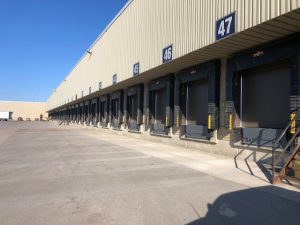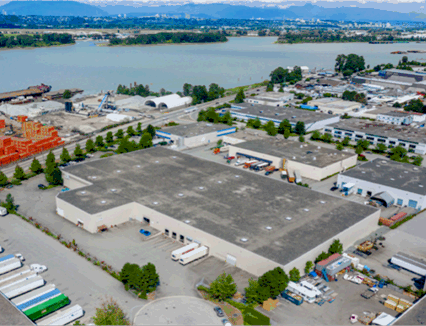2021 was a challenging year for everyone. While industry, economic factors and COVID-19 brought many hardships, XTL continued to grow. Here’s what we were up to in 2021 and also some of the major market forces that challenged us last year.
2021 Milestones at XTL
- Our first ever acquisition of a refrigerated transport provider: Transport Savoie, now operating as Savoie Express Inc.
- Receiving Trucking HR Canada’s Excellence in Diversity & Inclusion Award and Top Fleet of Distinction Award.
- Opening our new Brampton, ON and Delta BC Distribution XTL added an additional 300,000 s.f. of warehouse space.
- Becoming HACCP certified at our Dorval QC distribution center.
- Completing our first crossborder refrigerated shipment from our Airdrie AB terminal as we expanded in Western Canada.
- Our second acquisition of refrigerated logistics experts: CBT Inc.
- Expanding our fleet with 100 new pieces of tractor and service equipment and 90 new trailers, including 100% recyclable Manac reefers.
Key Industry Trends and Challenges in 2021
Port Congestion
Port congestion was, and continues to be a major issue in the transportation industry. Through a combination of factors such as the imbalance of shipping containers, changes in consumer spending, high volumes, unavailable chassis, disrupted rail lines and labour issues to name a few, ports all over North America saw record numbers of ships at anchor with compounding factors increasing average dwell times on equipment. These delays resulted in higher levels of safety stock, impacting warehousing levels and further driving up shipping volumes.
Equipment and Part Shortages
In the face of COVID-19 lockdowns and absences, many part suppliers and manufacturers haven’t been able to keep up with demand. Lack of key truck parts and raw materials such as rubber, steel and semiconductor chips impacted not only the supply of new equipment but also in maintaining and keeping existing fleets on the road. Lumber shortages and price increases also impacted trailer production with wood being the primary flooring material for dry vans. All of these shortages were even further exacerbated by the increase in demand coupled with shipping delays.
Natural Disasters in BC
There were more than 1600 fires burning more than 8,700 square kilometers of land this year according to the CBC. In addition to the fires, 2021 was also a dire year for flooding and mudslides for the province. This led to many road closures and delays that effected the transportation of goods throughout all of Canada. In both instances, Canadian Pacific and Canadian National Railway had to suspend service on their lines, putting further pressure on the trucking sector as container shipments were converted over the road, drawing in truck capacity that would have otherwise serviced alternate North American markets.
Bright Outlook for 2022
While we don’t know exactly what challenges 2022 will bring XTL is focused on growth and customer service. Our Nation Wide team of drivers, logistics professionals and distribution facilities will continue to rise to meet the challenges ahead. Contact XTL Today if you need help with your shipping needs in 2022.

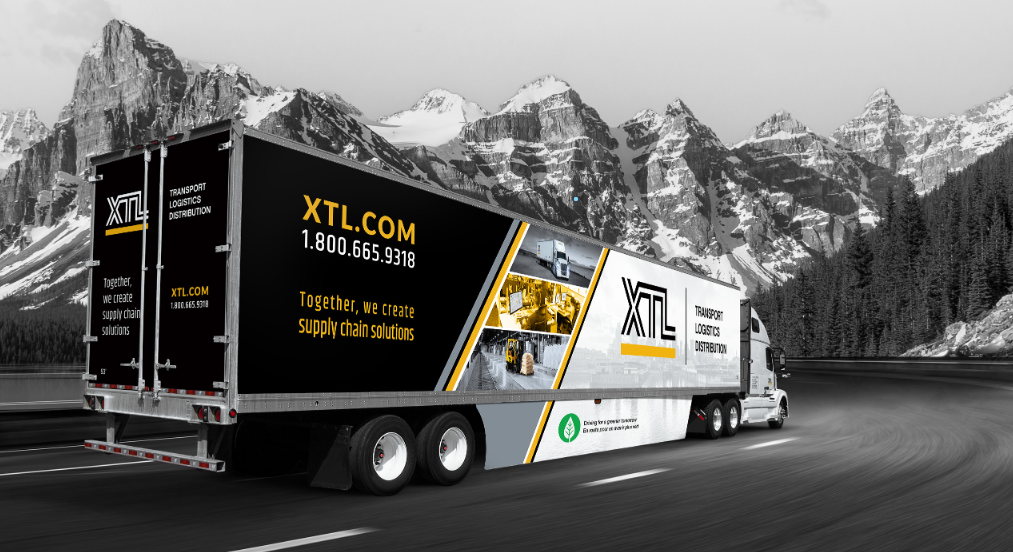
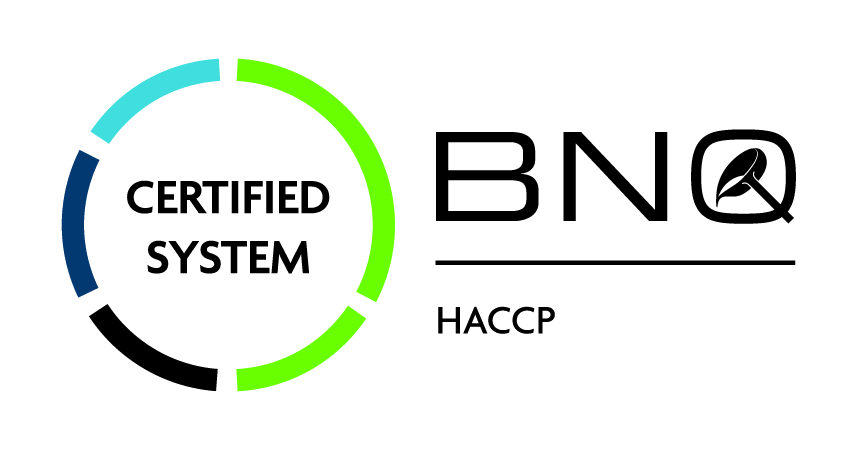
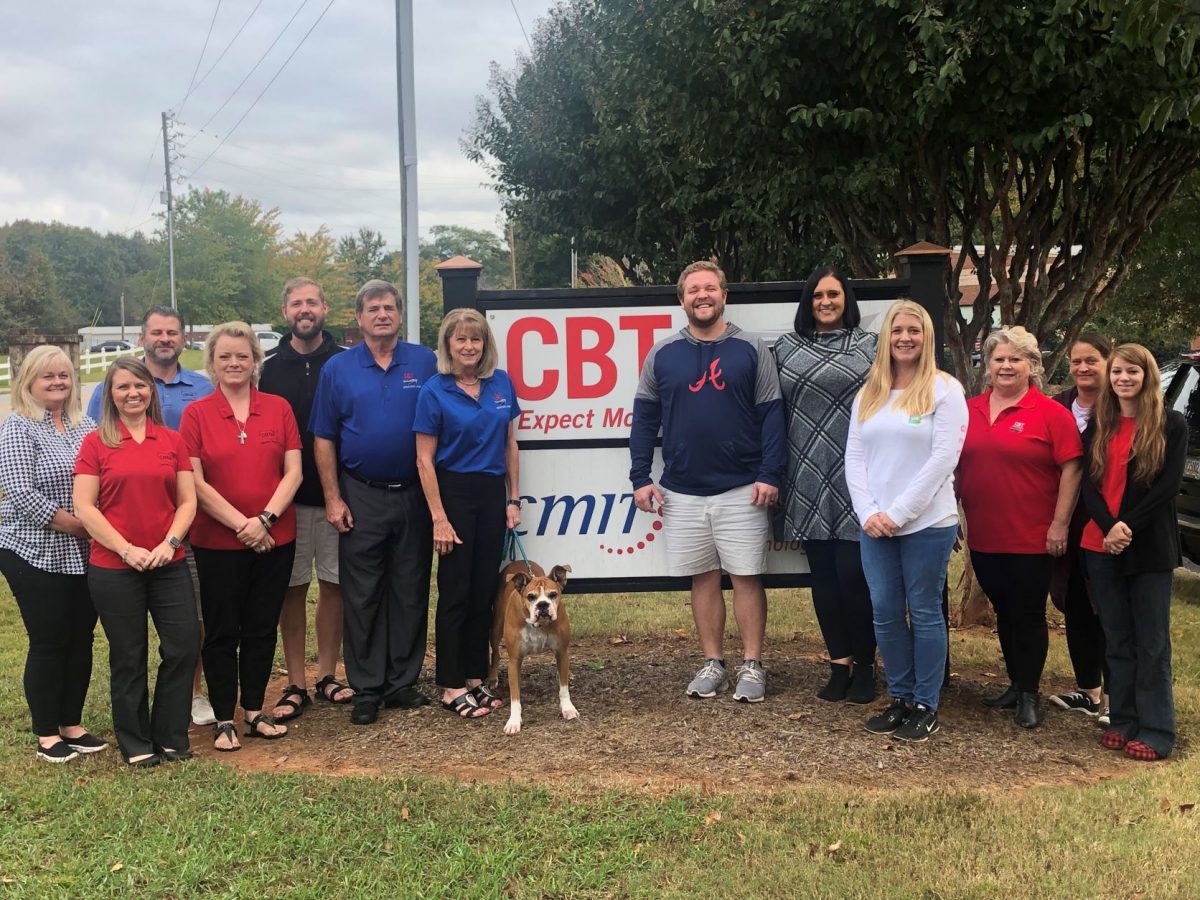
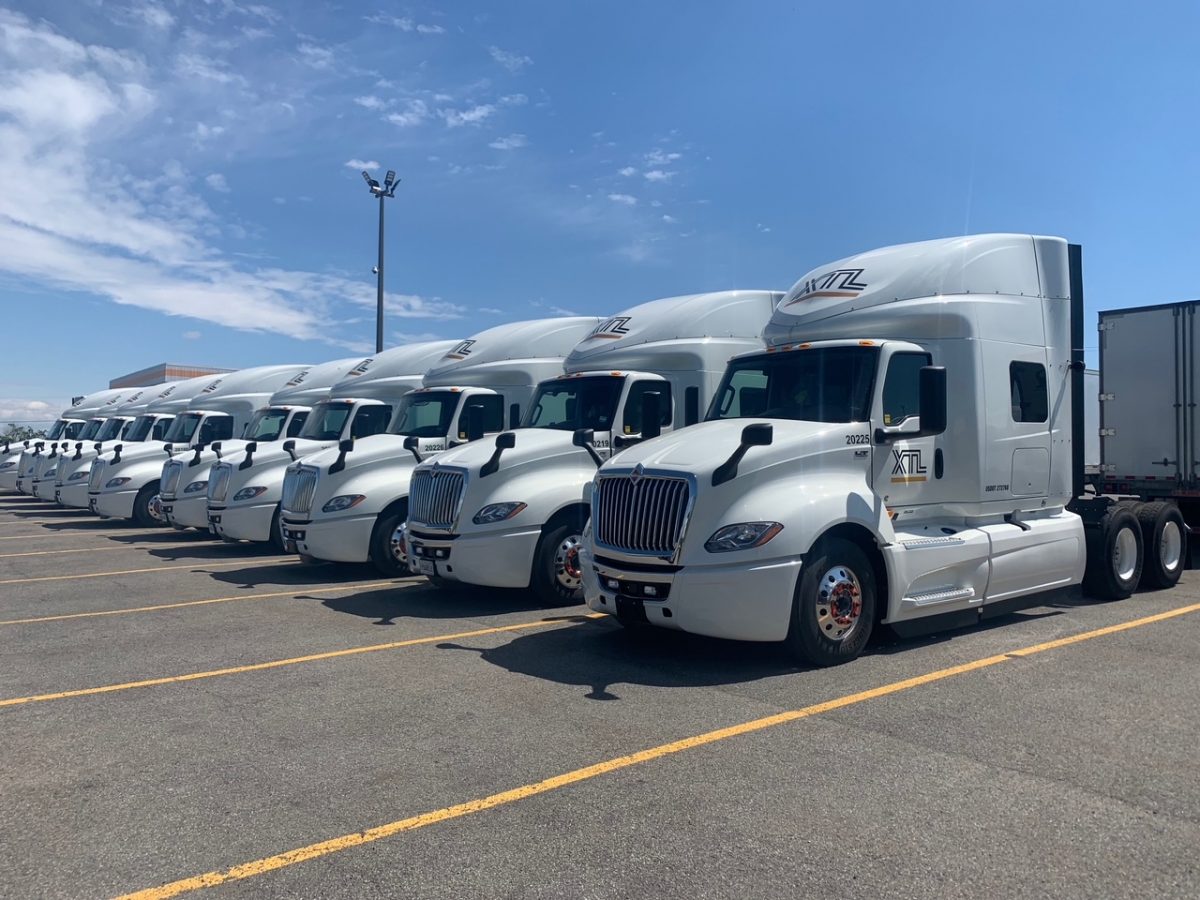
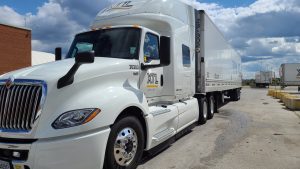 XTL has operated based in Canada for over 36 years and we continue our dedication to service into the future. XTL is a C-TPAT, CSA, FAST, PIP and Smartway carrier. XTL has operations based throughout Canada and offers full service logistics from 3PL warehousing, asset based transportation to 3PL transportation services.
XTL has operated based in Canada for over 36 years and we continue our dedication to service into the future. XTL is a C-TPAT, CSA, FAST, PIP and Smartway carrier. XTL has operations based throughout Canada and offers full service logistics from 3PL warehousing, asset based transportation to 3PL transportation services.
 We are proud that XTL was awarded at Trucking HR Canada’s Top Fleet Employers Awards Gala yesterday with the Achievement of Excellence for Workplace Diversity and Inclusion as well as A Top Fleet Award for Employer of Distinction 2021.
We are proud that XTL was awarded at Trucking HR Canada’s Top Fleet Employers Awards Gala yesterday with the Achievement of Excellence for Workplace Diversity and Inclusion as well as A Top Fleet Award for Employer of Distinction 2021.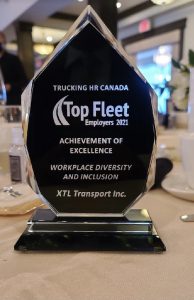 We could not achieve this status without the hard work and dedication from each of our employees, and so; this award is dedicated to every member of the XTL Team!
We could not achieve this status without the hard work and dedication from each of our employees, and so; this award is dedicated to every member of the XTL Team!
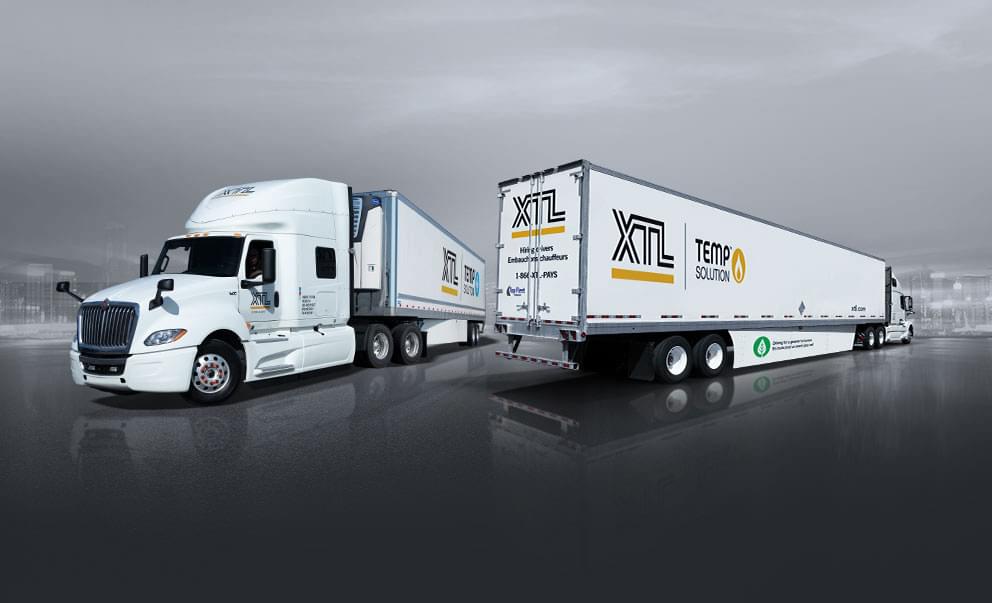
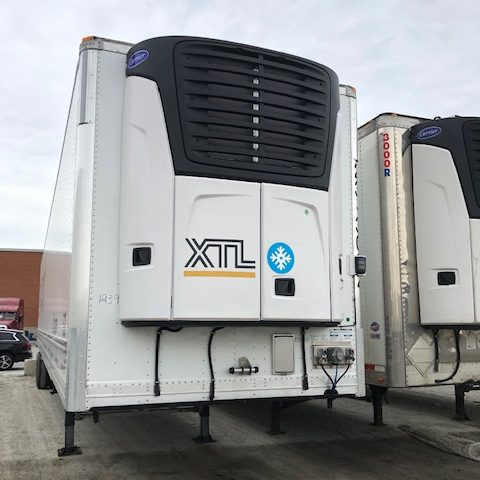 The average temperature controlled trailer used for refrigerated transport has a capital purchase price approximately $50,000 more than a regular dry van used to transport non temperature controlled goods. In addition, the refrigeration unit that keeps the trailer cool requires fuel to operate. This is an additional cost on a per mile basis that increases the cost of transport and can be up to 2% more in fuel costs. Keep this in mind when booking temperature controlled shipments as they are typically a premium over regular dry freight.
The average temperature controlled trailer used for refrigerated transport has a capital purchase price approximately $50,000 more than a regular dry van used to transport non temperature controlled goods. In addition, the refrigeration unit that keeps the trailer cool requires fuel to operate. This is an additional cost on a per mile basis that increases the cost of transport and can be up to 2% more in fuel costs. Keep this in mind when booking temperature controlled shipments as they are typically a premium over regular dry freight.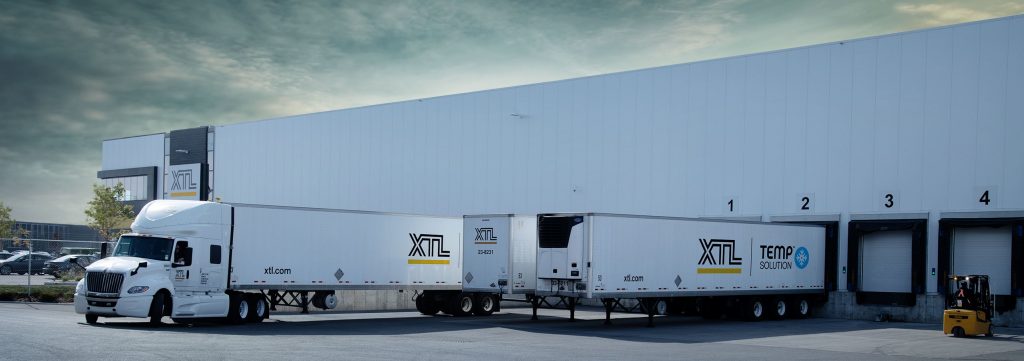
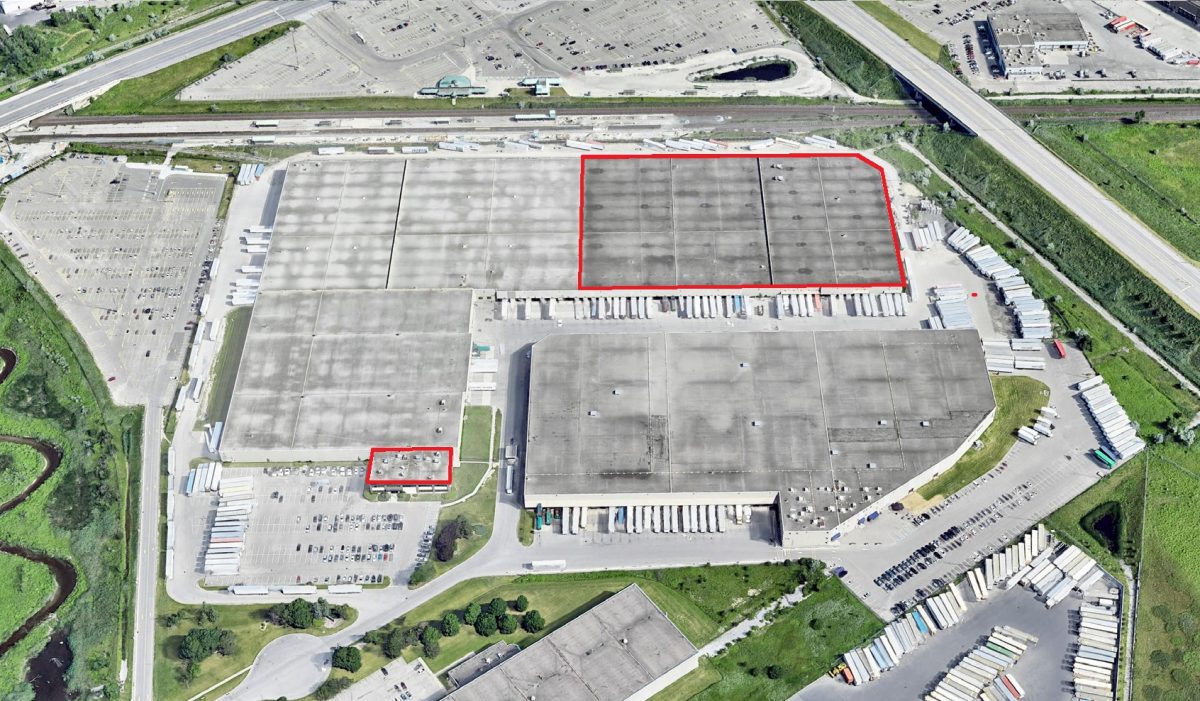
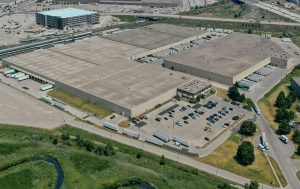 With over 35 years’ experience and nearly 1.25 million sq. ft. of combined warehousing space strategically located across Canada, XTL offers our partners a full range of supply chain solutions.
With over 35 years’ experience and nearly 1.25 million sq. ft. of combined warehousing space strategically located across Canada, XTL offers our partners a full range of supply chain solutions.